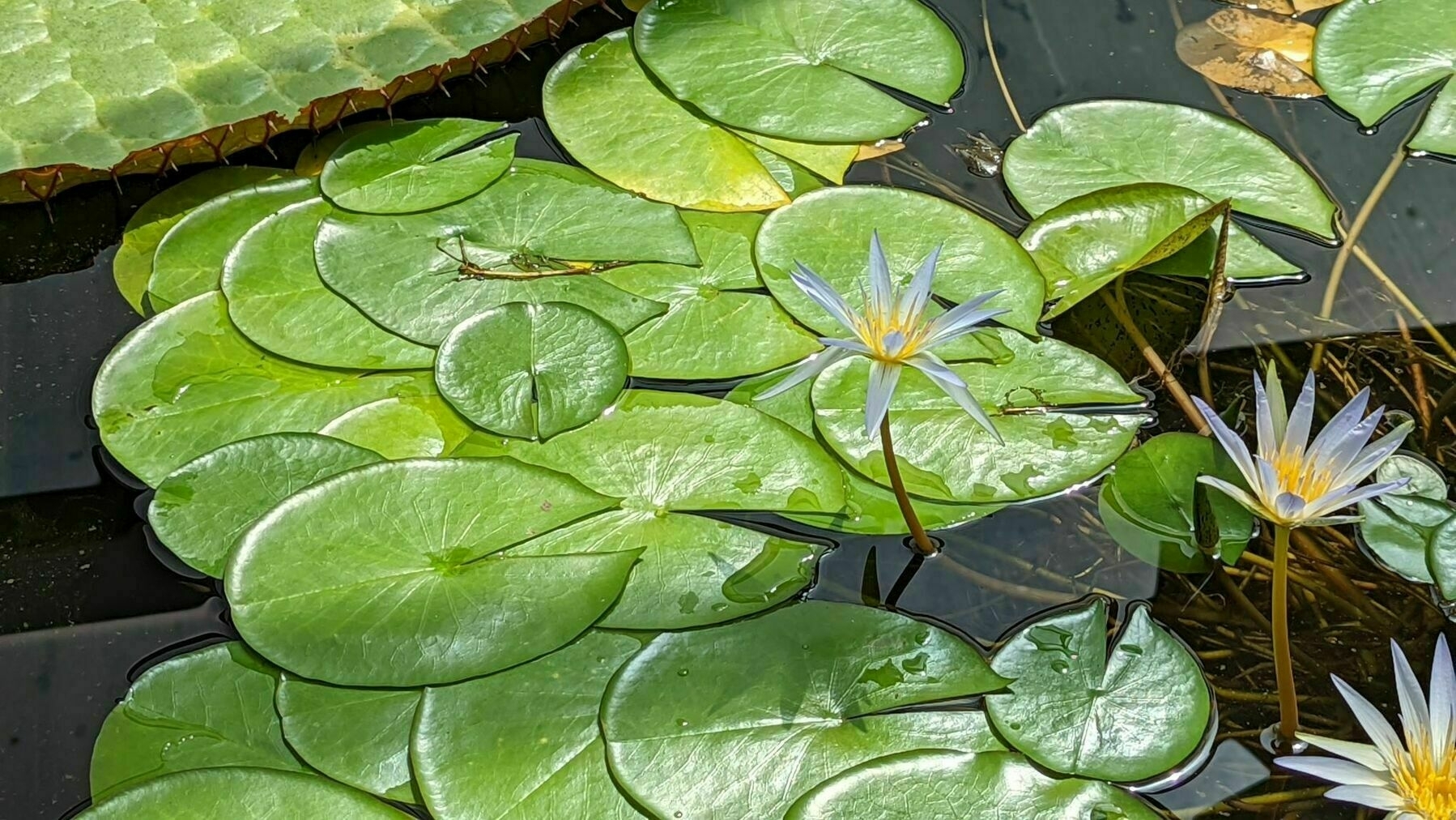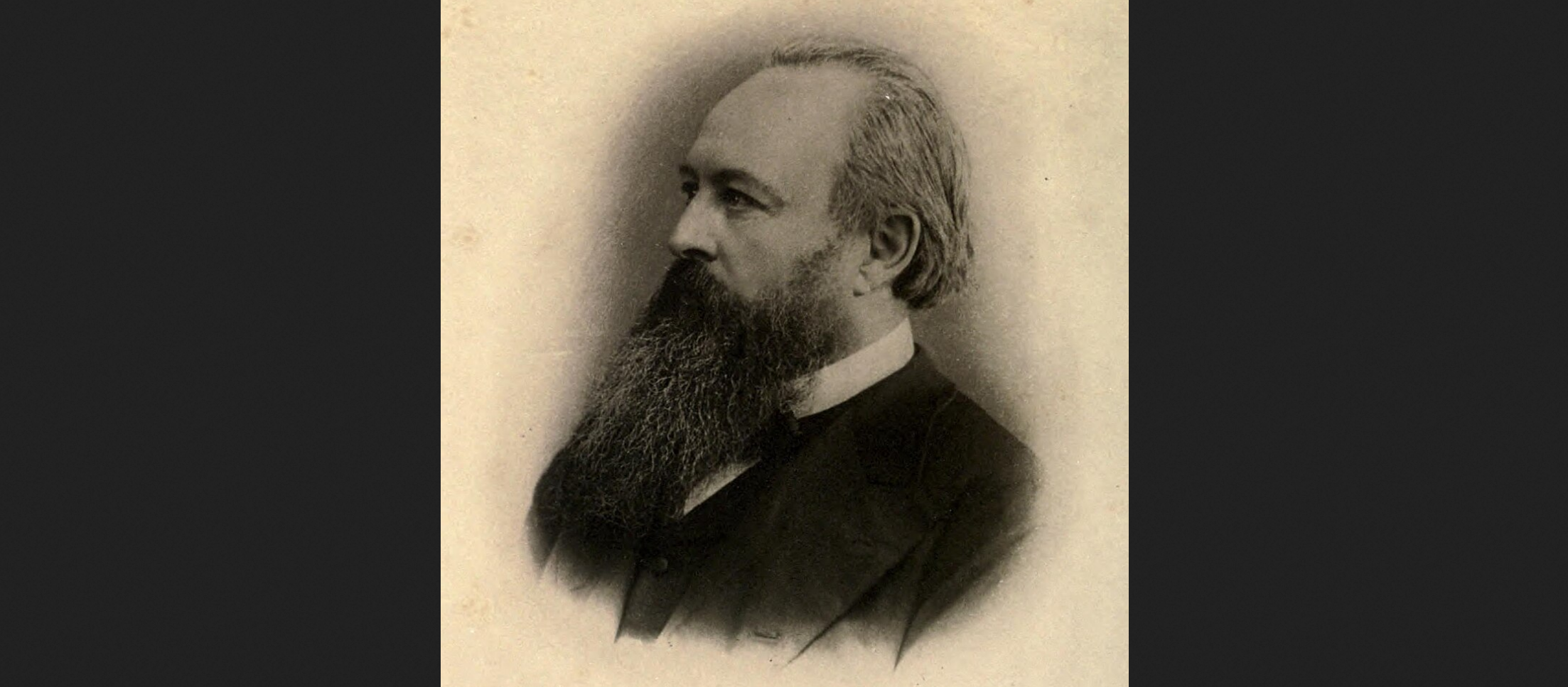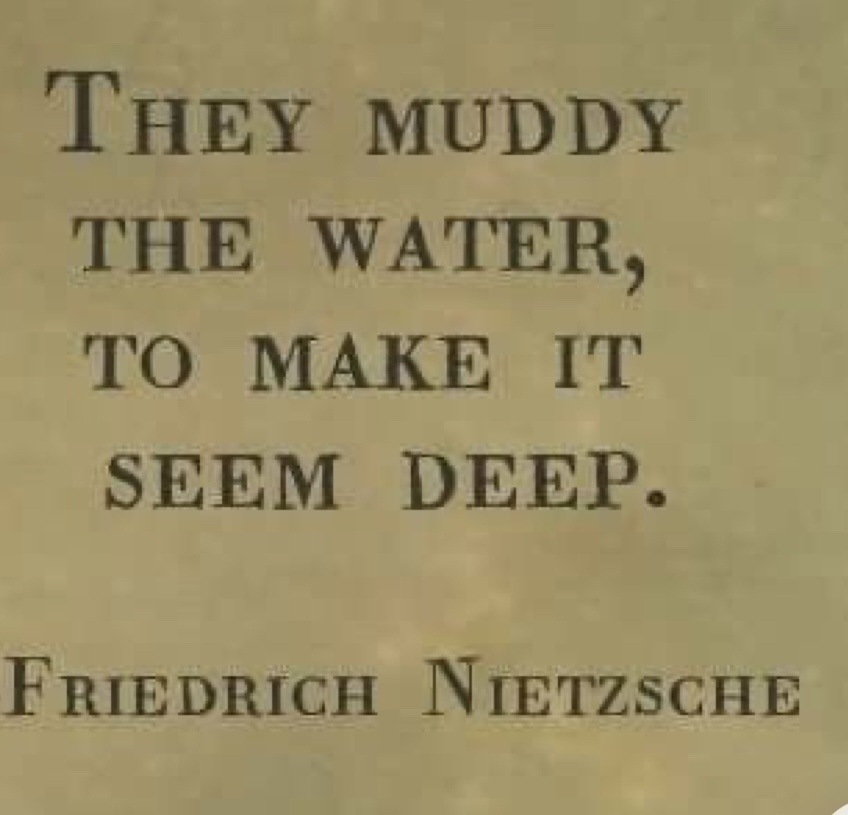
So many, many books I really want to read. Here are just a couple on this towering tsundoku pile:
The Book: A Cover-to-Cover Exploration of the Most Powerful Object of Our Time by Keith Houston 📚
The Best of all Possible Worlds by Michael Kempe
An interesting Zettelkasten discussion.
malikalimoekhamedov.substack.com/p/bob-dot…
See also: my review of A System for Writing.
It's a great time to be writing the future
Writers are worrying about AI taking their livelihoods. But unless you were already writing like a robot, that’s not how it works.
Now is a truly fantastic time to be writing. The future is absolutely wide open for the first time in a more than a century. That’s because the idiom of the whole culture is transforming and it’s up to us to change it.
Just as no one these days writes like Jane Austen, or Thomas Hardy or Louisa May Alcott, in ten years time, no one will be writing the way we do now. Large language models (LLMs) have taken our entire idiom and trashed it. And that’s a good thing. Our prose, and therefore the prose of AI, sounds like it’s still living in the Twentieth Century. But it’s well past time for radically new ways of speaking, writing and therefore being.
The key driver is simply fashion. What seems amazingly cutting-edge today will rapidly go stale. AI prose (which imitates our older siblings) is about to taste like last week’s dinner.
But we’re not just dreaming of what comes after content - it’s also time to seize the means of containment.
Since AI is now providing all the ‘content’ the container industry can ever handle (i.e. all the content platforms without exception), we’re now free to make new human-shaped places beyond its reach.
We’re inventing both what AI can’t say, and where it can’t say it, so let’s go!
Five solutions to link rot in my personal note collection
Link rot on the Web poses significant challenges, which have prompted me to consider various strategies for preserving information, including summarizing sources, using archives, creating personal archives, accepting impermanence, and sharing knowledge.
Tame the chaos with just four folders for all your notes
Bob Doto’s A System for Writing recommends a structured Zettelkasten (note box) using four folders: In-box, Sleeping, References, and Main. With just these four you can manage your notes effectively and enhance the writing process.
💬 This is a quiet space…
Moving to Sydney offered cheap train travel compared with Europe. “Never mind arriving,” I would say, “it’s great value just for the view.”
Looks like they’ve finally worked out the real value proposition.

Lord Acton took too many notes, but that doesn't mean you have to
Excessive note-taking can hinder productivity and completion of work, as illustrated by Lord Acton’s struggle to publish significant historical writings despite his vast knowledge. Oh, those Victorians.
The Dance of Joyful Knowledge: Inside Georges Didi-Huberman's Monumental Note Archive
Georges Didi-Huberman’s extensive collection of over 148,000 notes exemplifies the enduring relevance and creativity of the Zettelkasten method in art and philosophy.
The article that struck Will like a bolt of lightning:
What’s the purpose of making notes?
Image: Sayre Gomez at the Art Gallery of NSW.
TIL of a philosopher and prolific author who maintains at the heart of their working practice a collection of more than 148,000 notes. It’s a fascinating story, catnip for #zettelkasten fans, and you’ll be reading it here very soon.
Roland Barthes on the purpose of making notes
Note-taking should mainly serve as a means to enable writing rather than being an exhaustive record of knowledge. At least, that’s my approach.
My writing process oscillates between notes and drafts
Writing is a messy, iterative process involving rough ideas, multiple drafts, and the challenge of balancing note-taking with drafting to ultimately create coherent work.
I’m always comparing my sloppy first drafts with other people’s heavily-edited published work. So it’s no wonder I’m down on my own stuff; this is a completely unfair contest of my own making.
That’s why I’ve found Dan Harmon’s advice enduringly helpful:
💬 Switch from team “I will one day write something good” to team “I have no choice but to write a piece of shit.”
In other words, ‘perfect’ is for editing, not for writing.
I’ve been asking what comes after content?. Here’s one possibility, dreamed up by Burnout from Humans.
More at The Wild Chatbot. HT: Rowenwhite.

Nothing is immune from the law of fashion: what looks cutting edge today will date very quickly. Before long, AI-generated ‘content’ will be what you won’t be seen dead wearing. So what comes after content?

💬 This quote from Thus Spoke Zarathustra seemed to land for me.
💬“I had in my mind to write three books about the world as it was, using concepts and images almost like characters. But I ended up making a long detour.” — Italian author, Roberto Calasso. (Source).
“Long detour” is an apt summary of a writing life, and fitting inspiration for my latest project.




